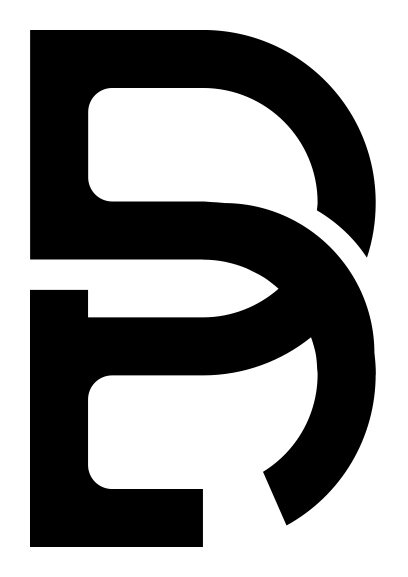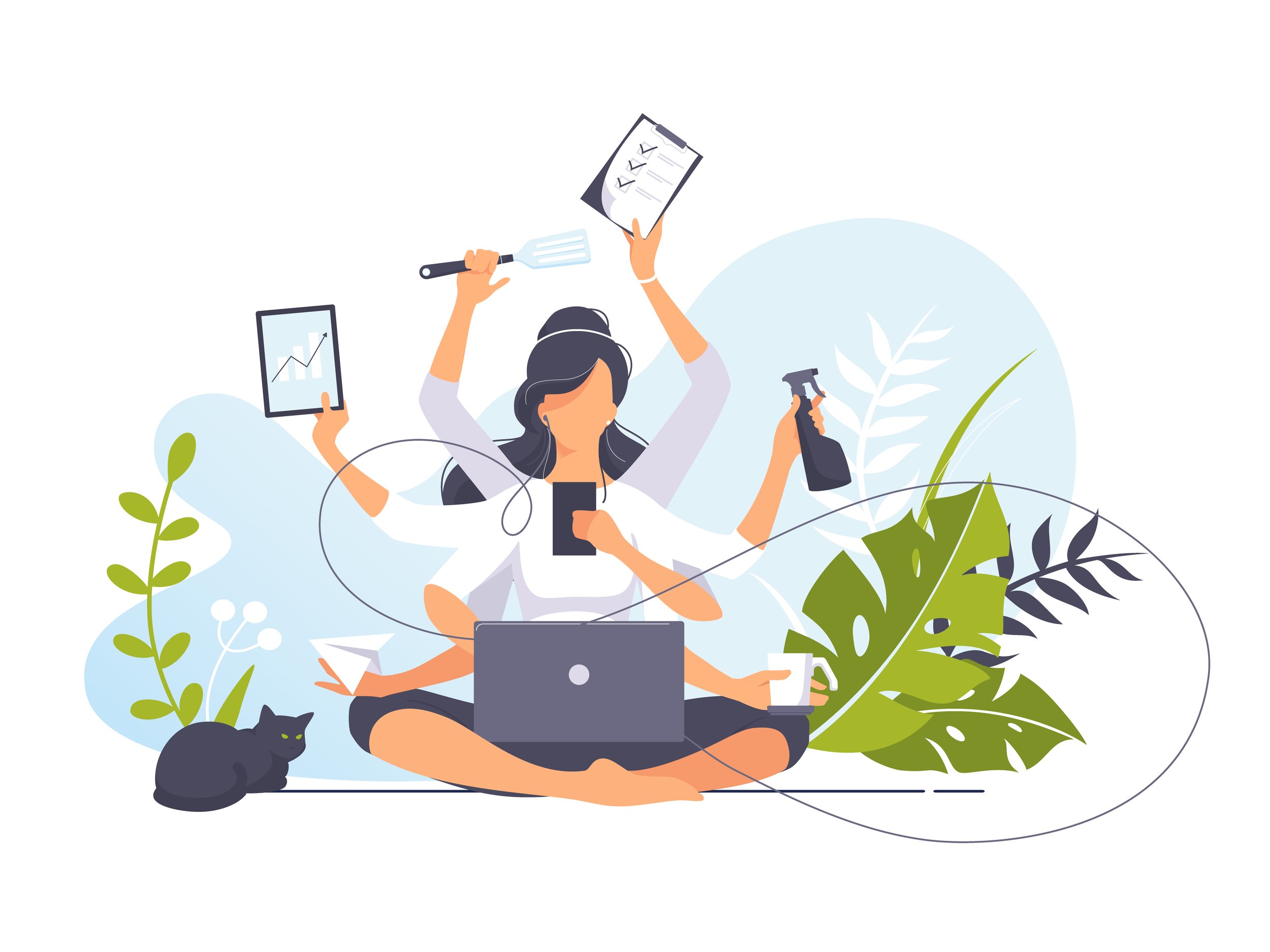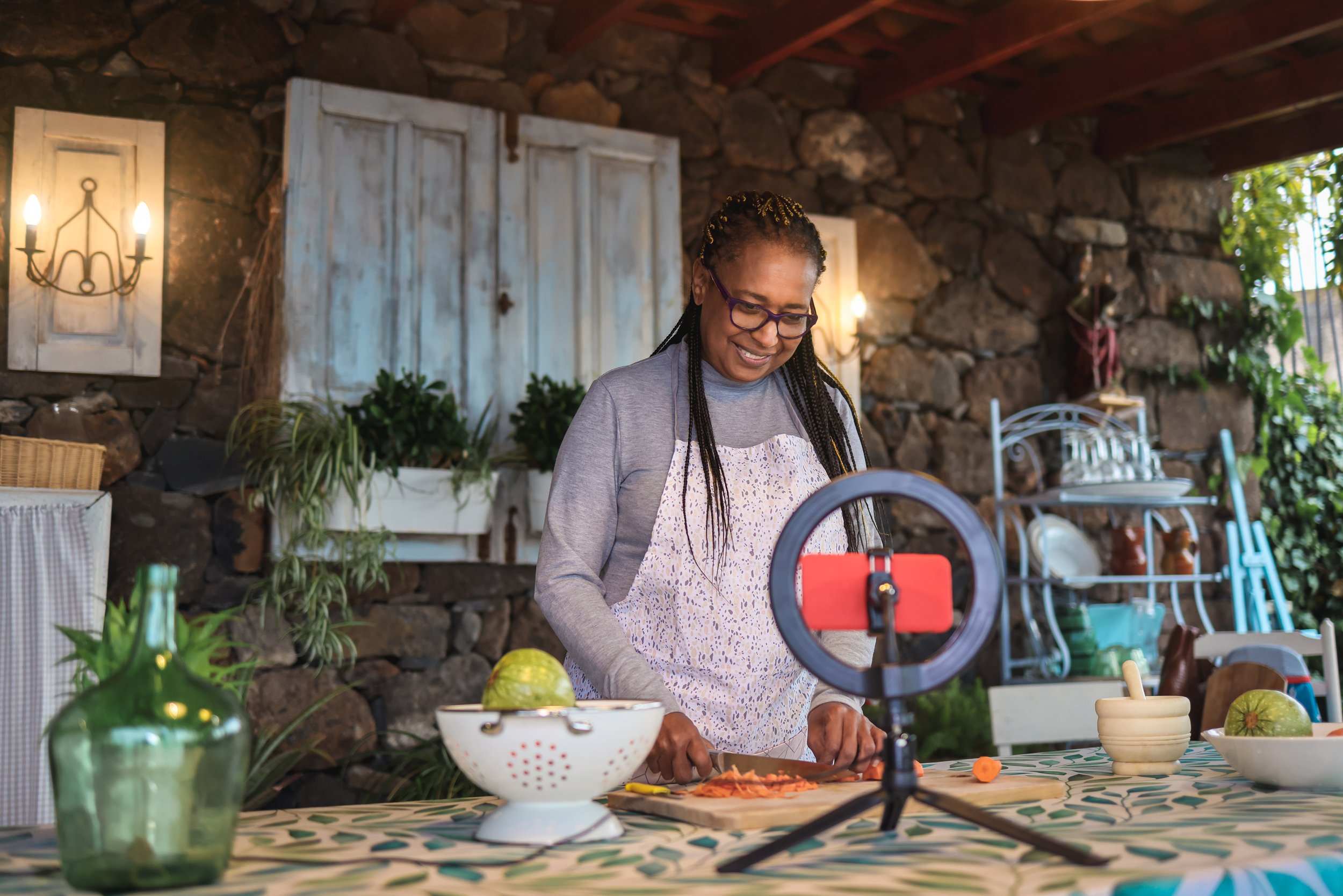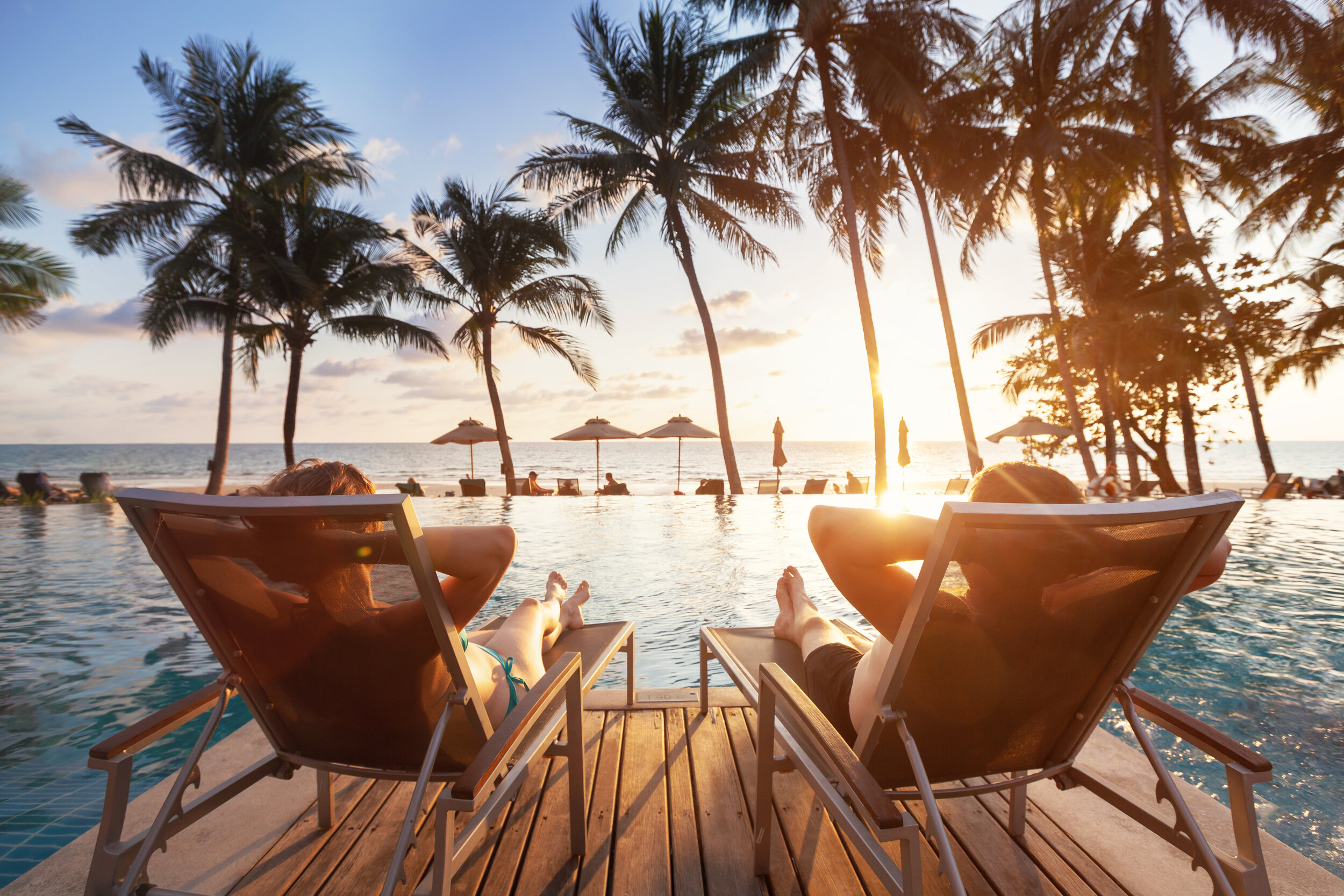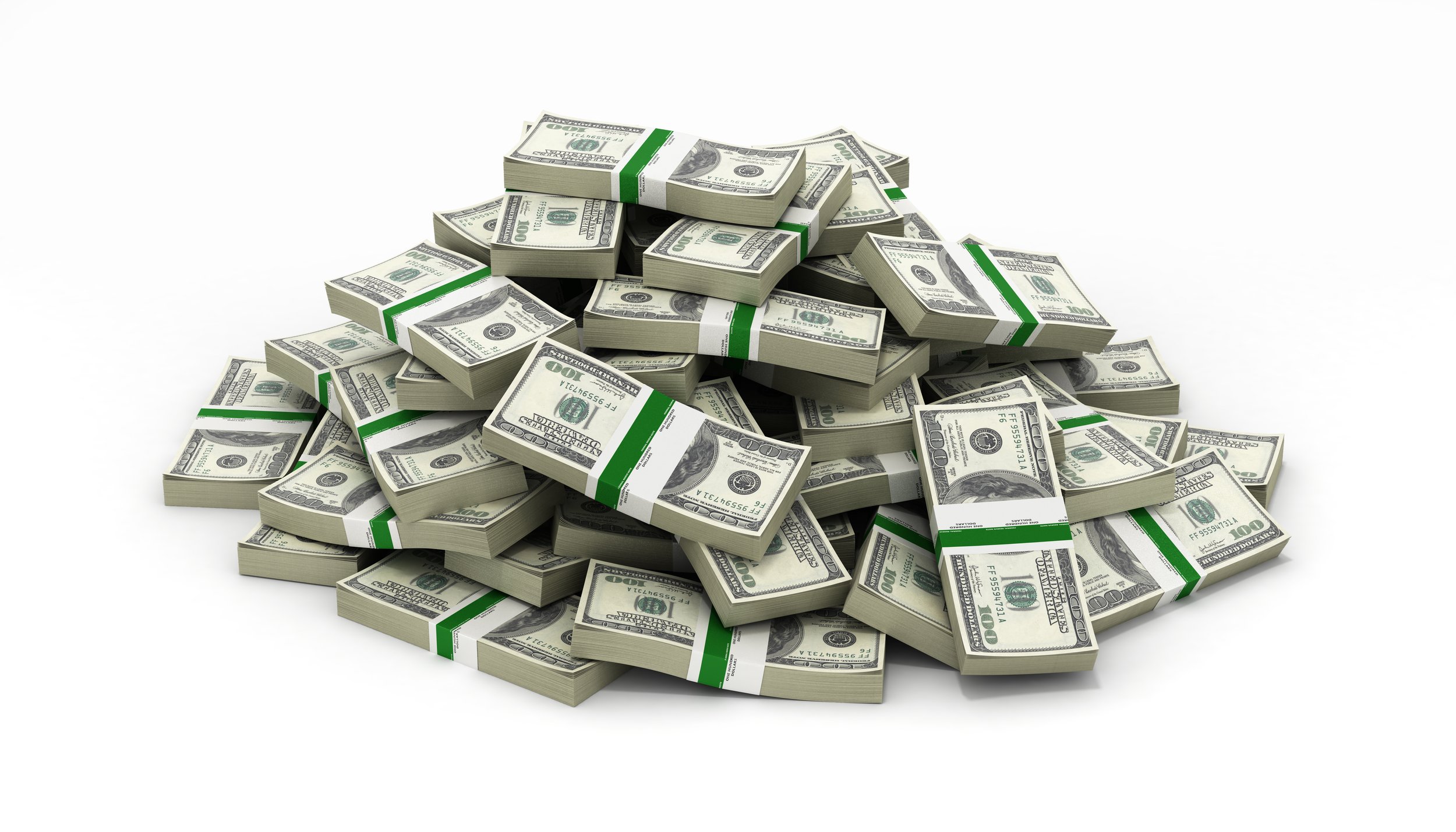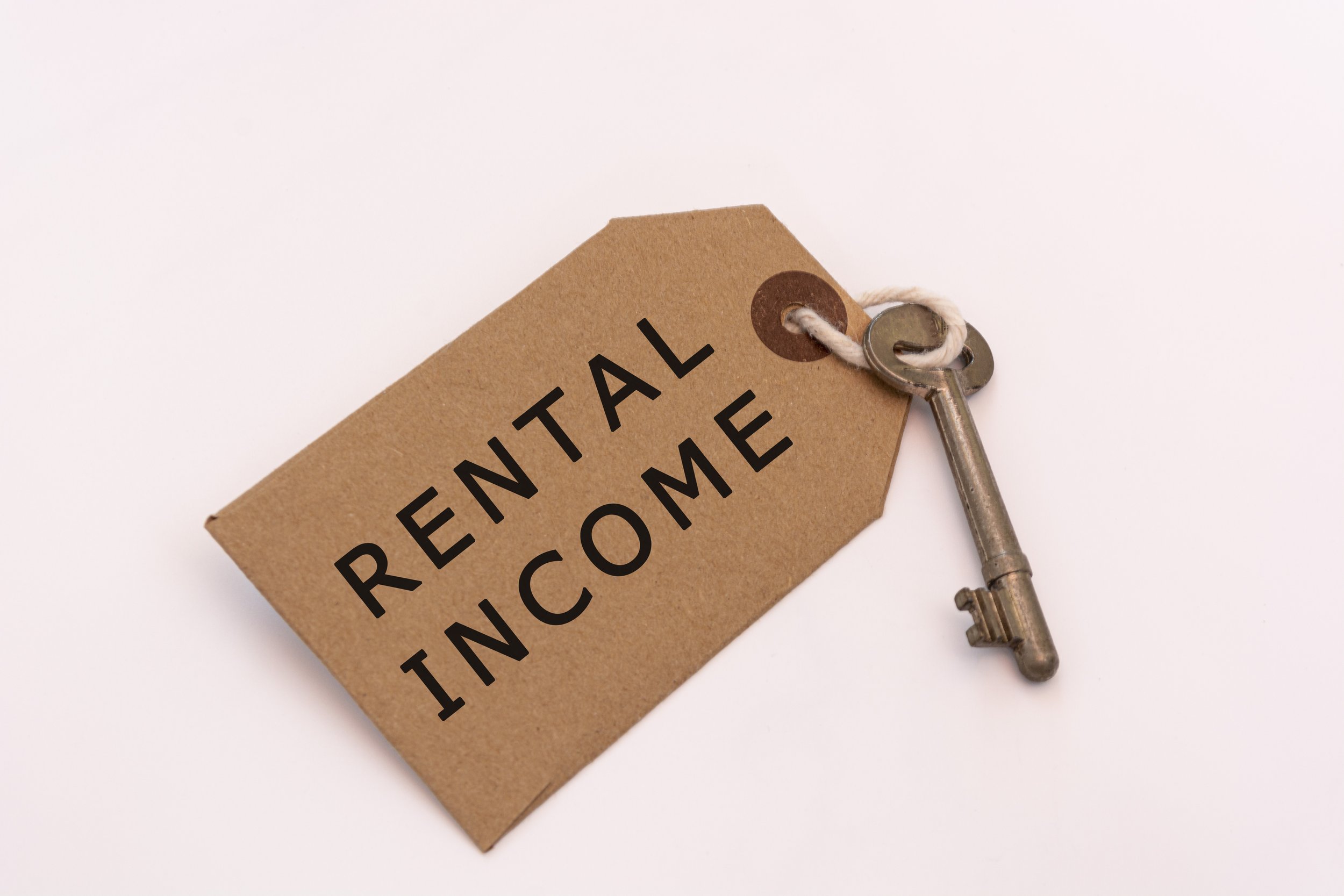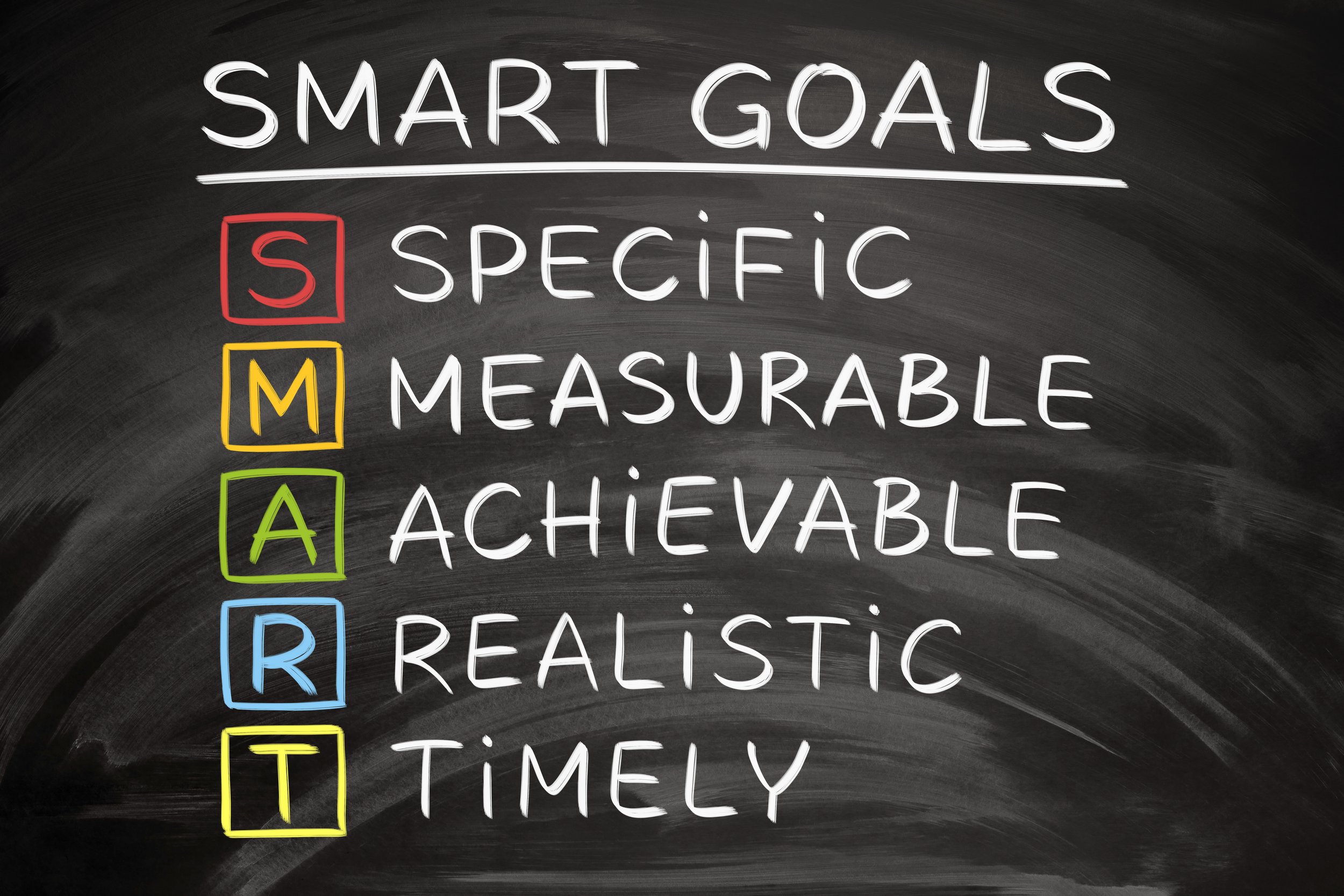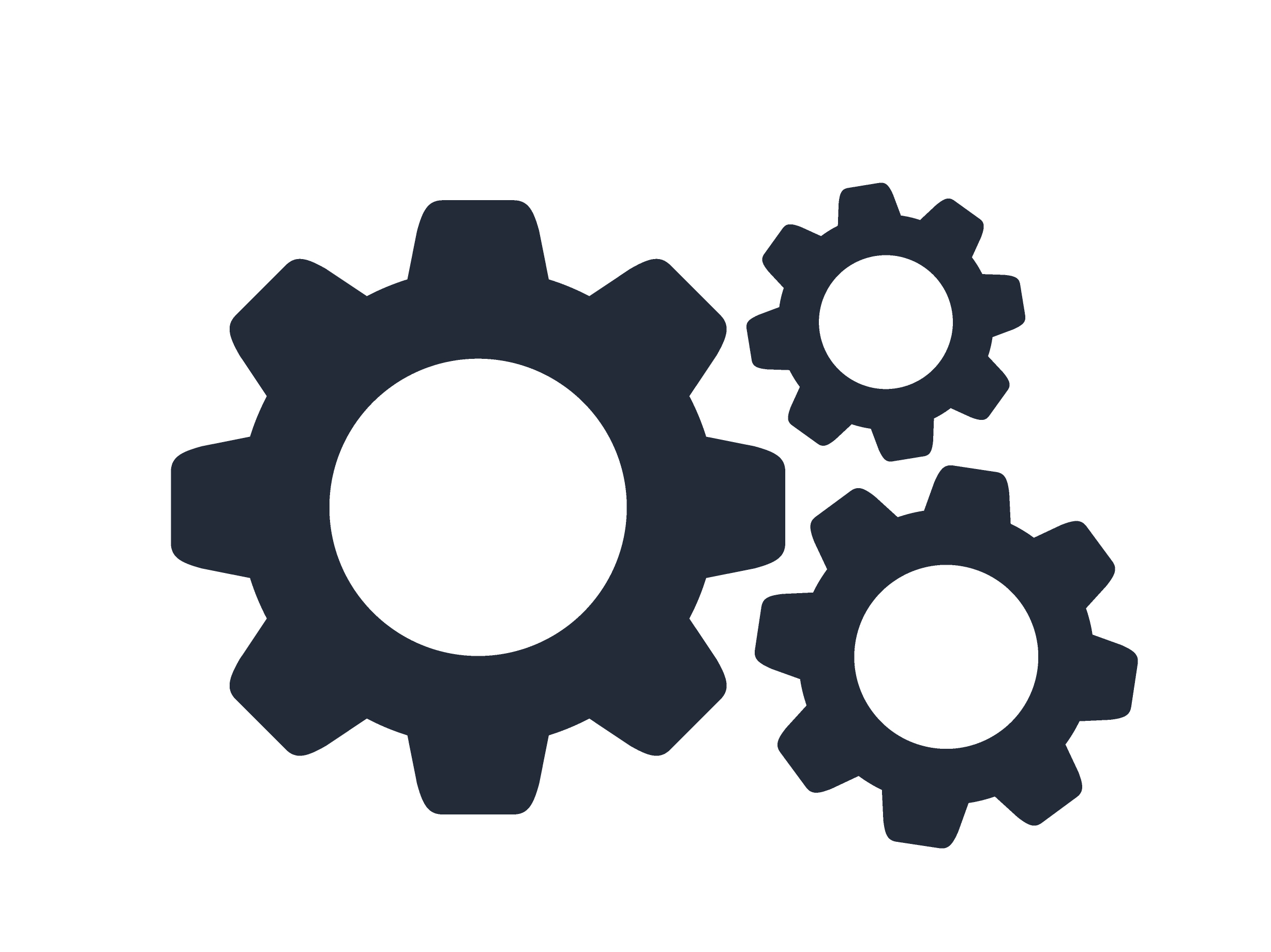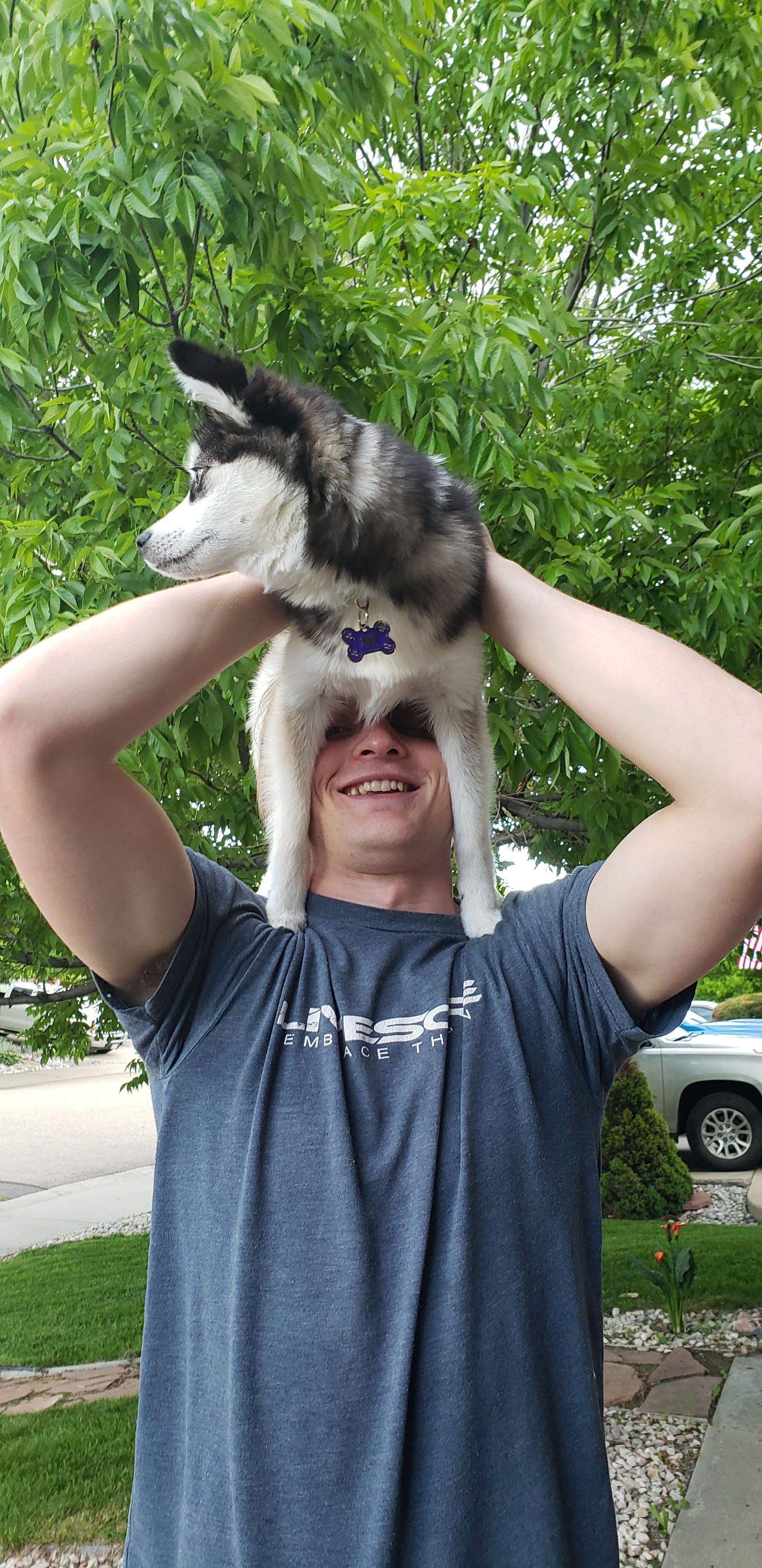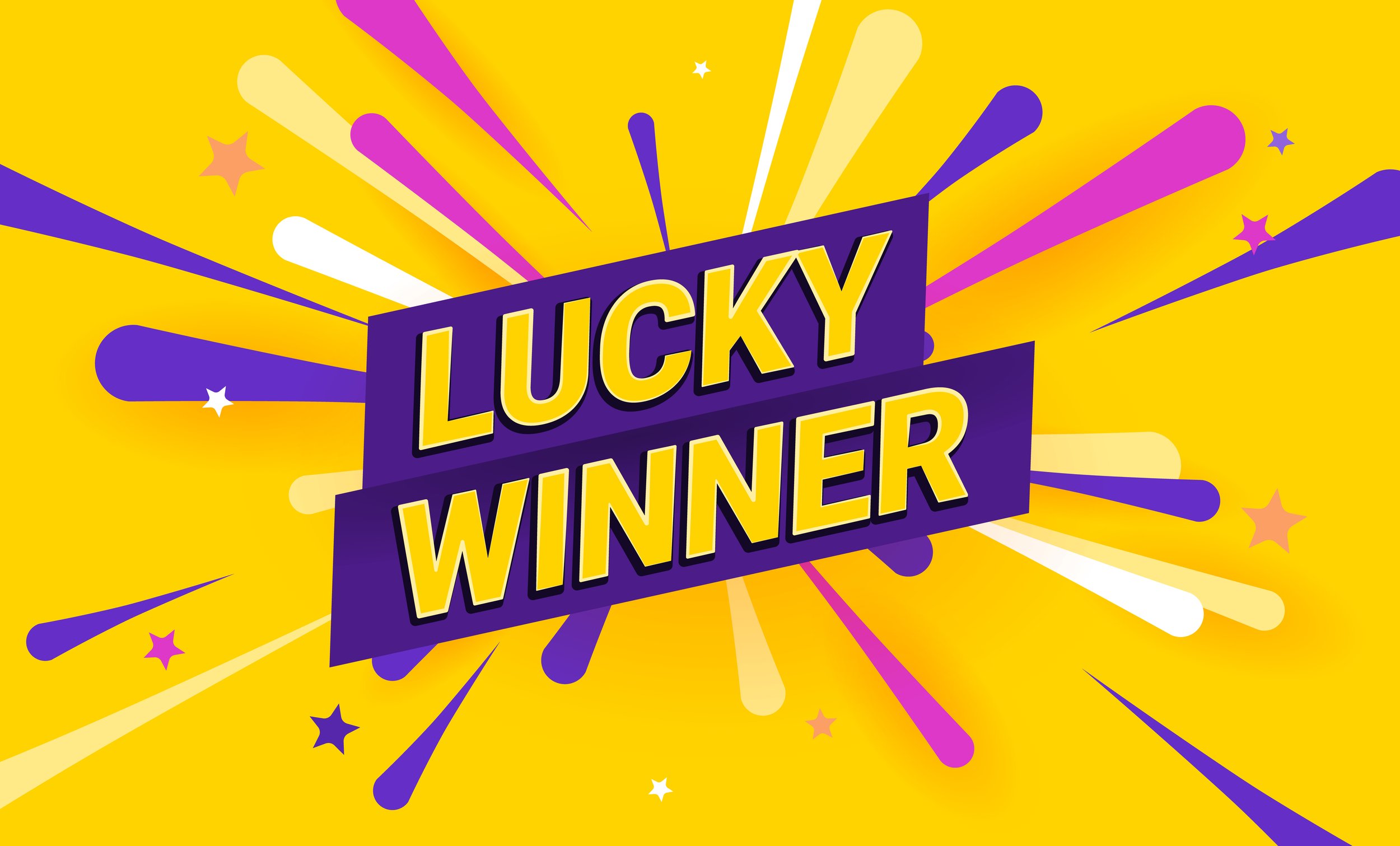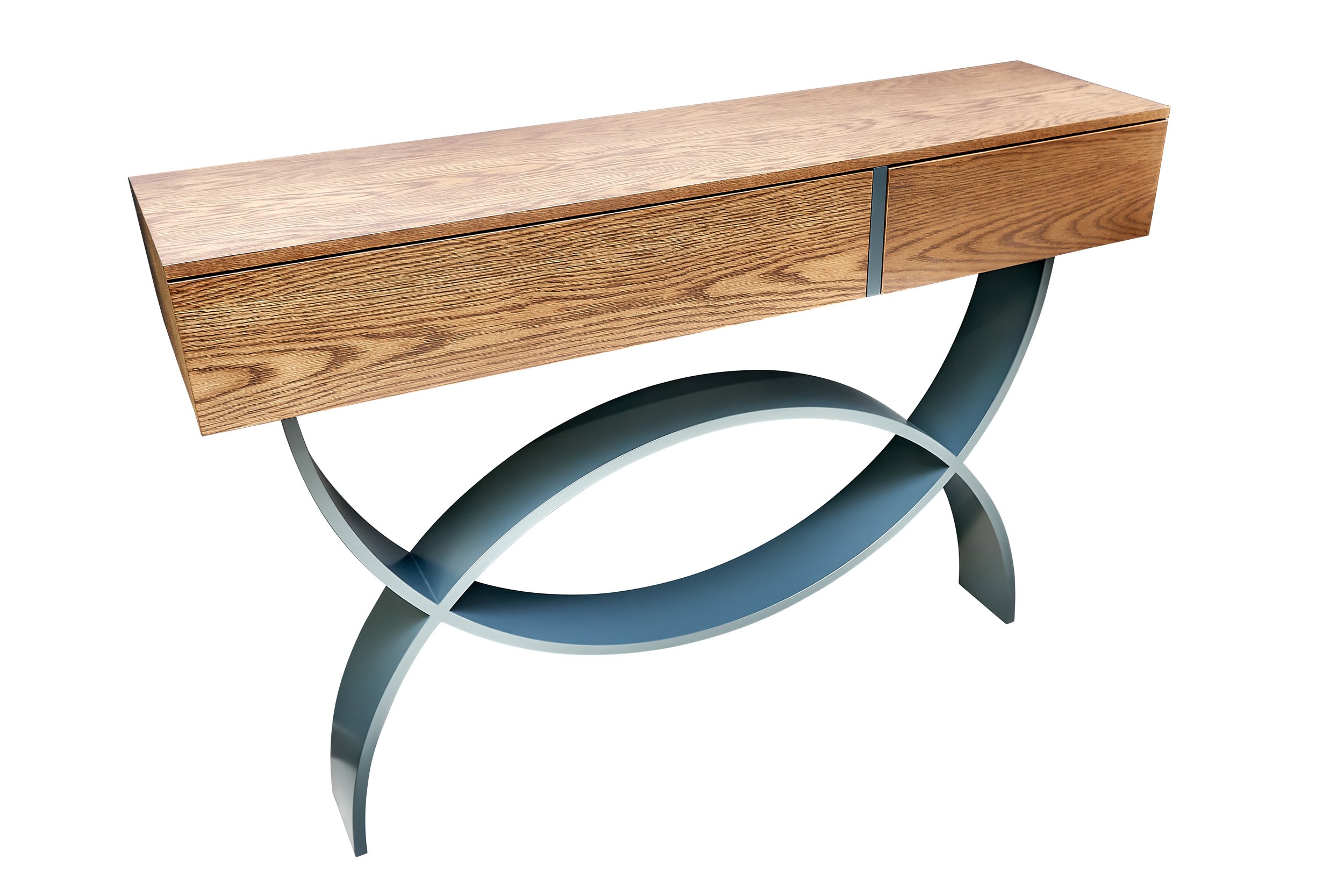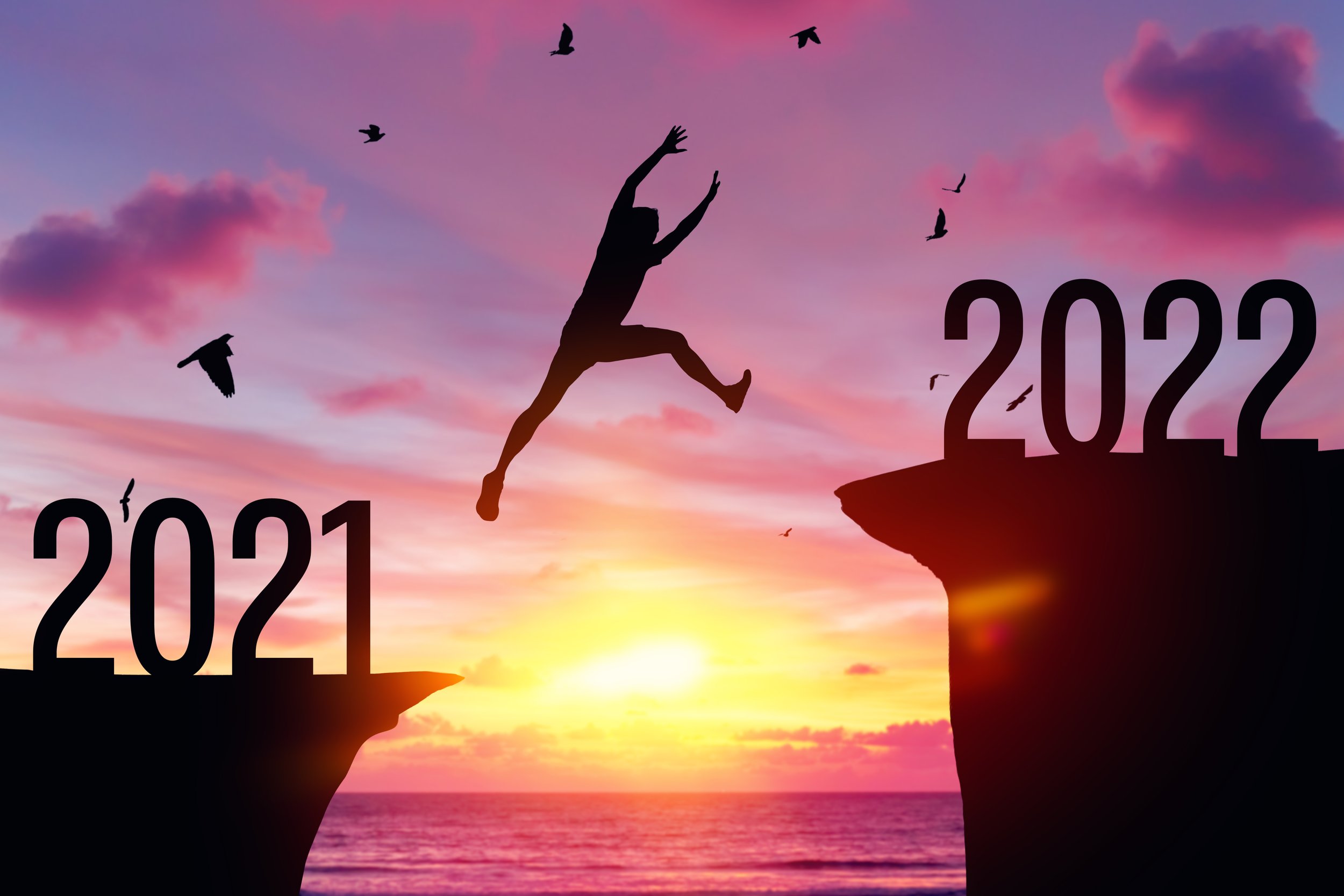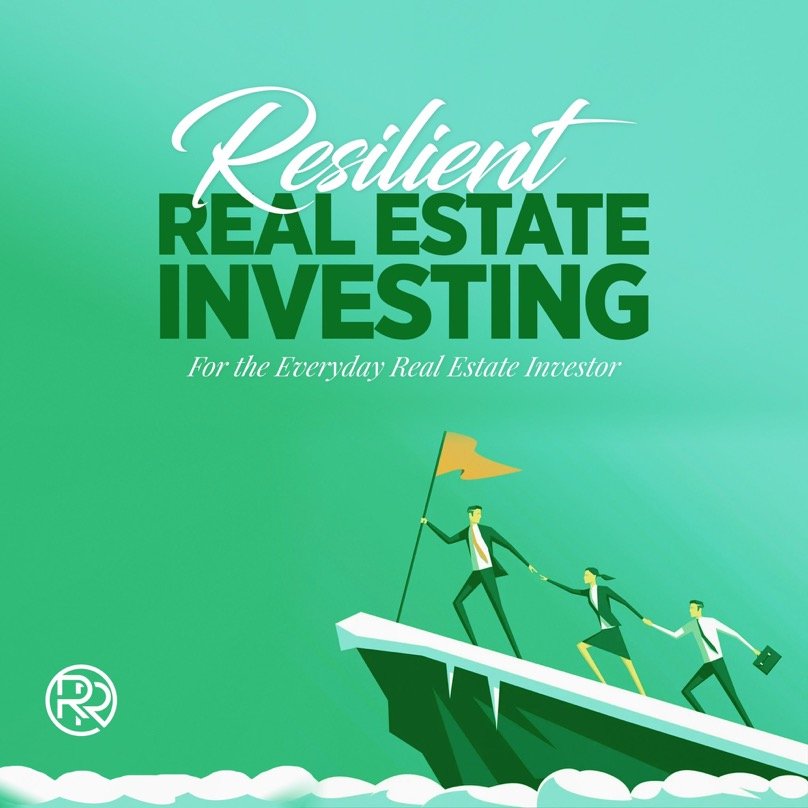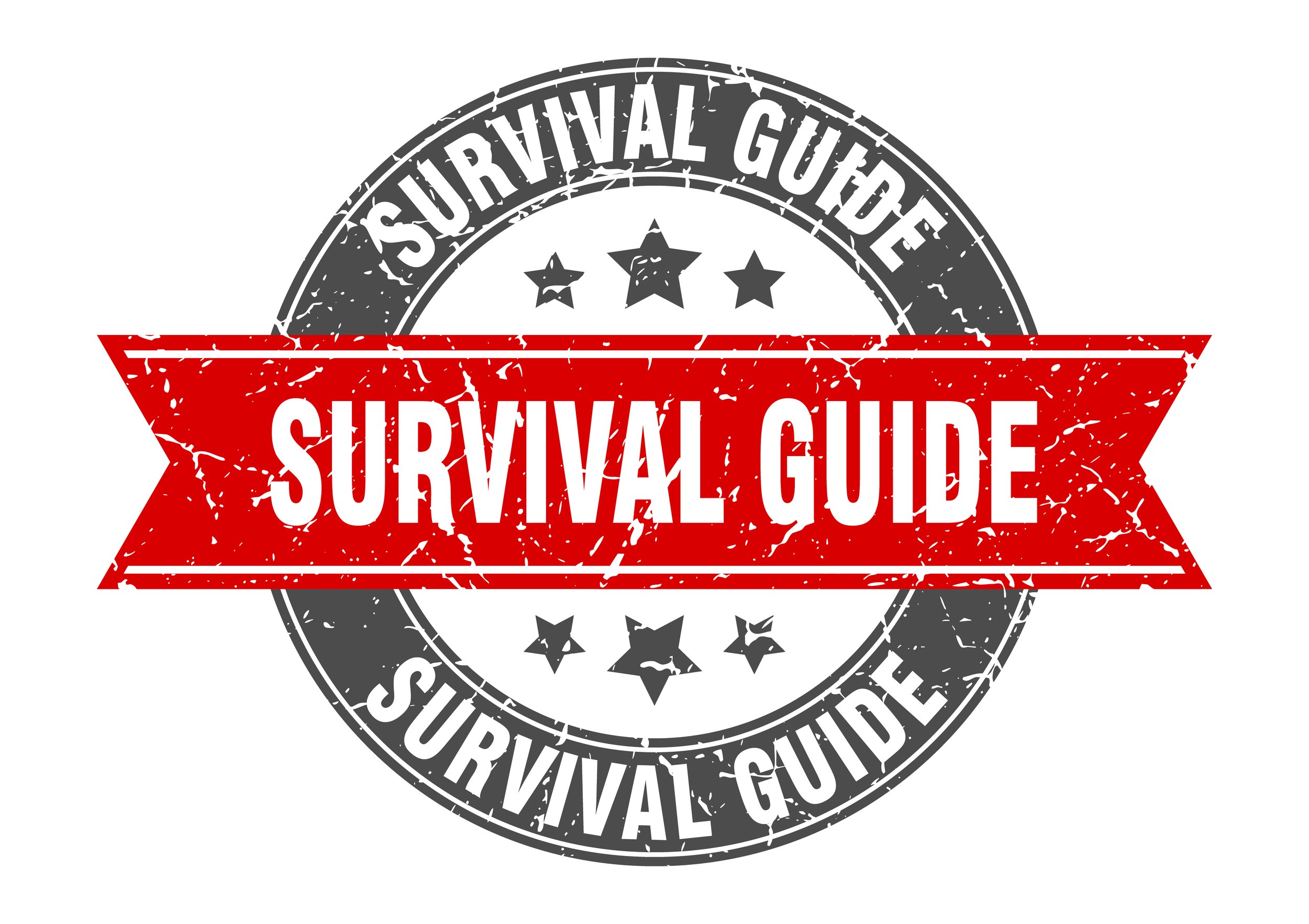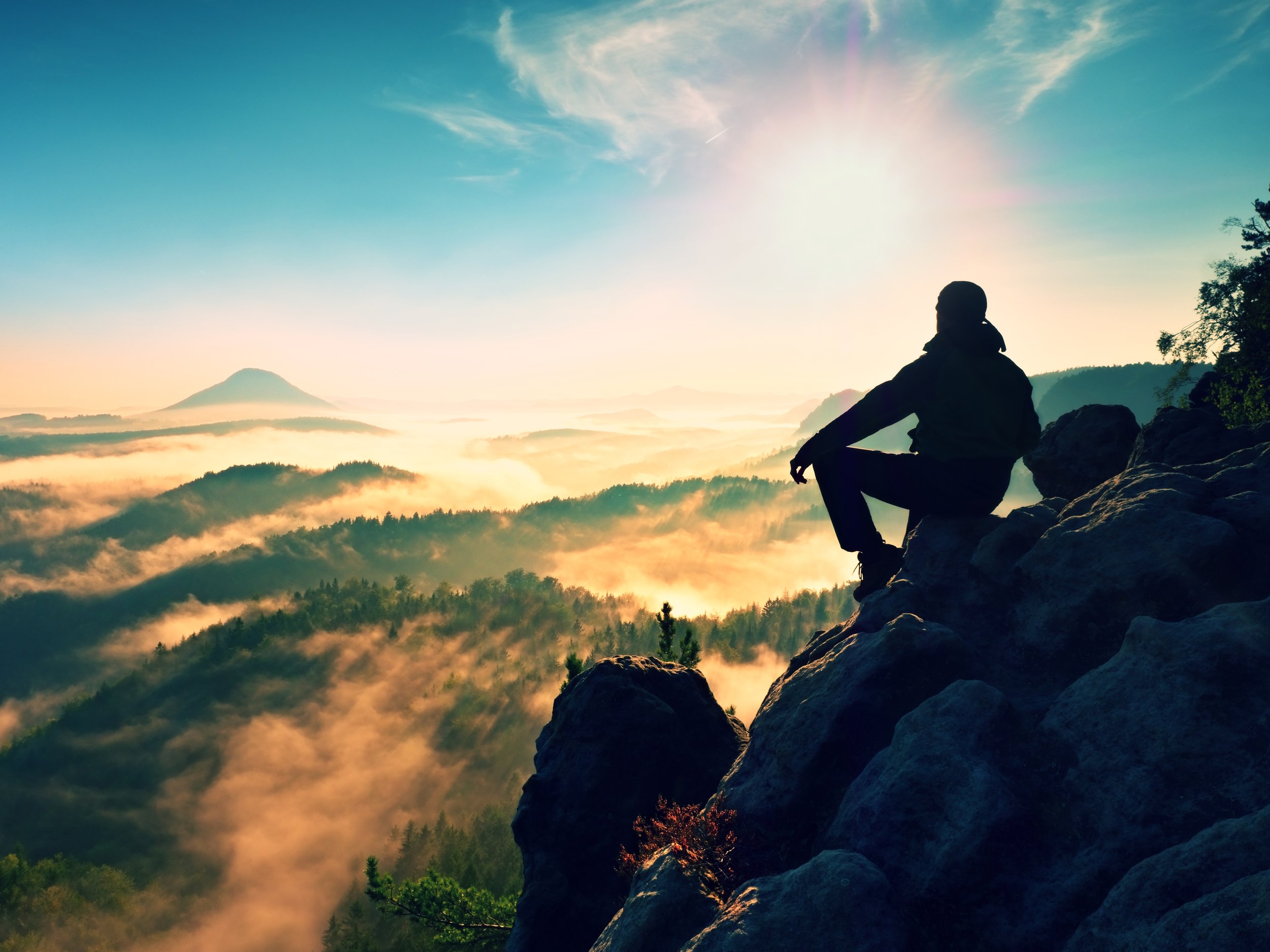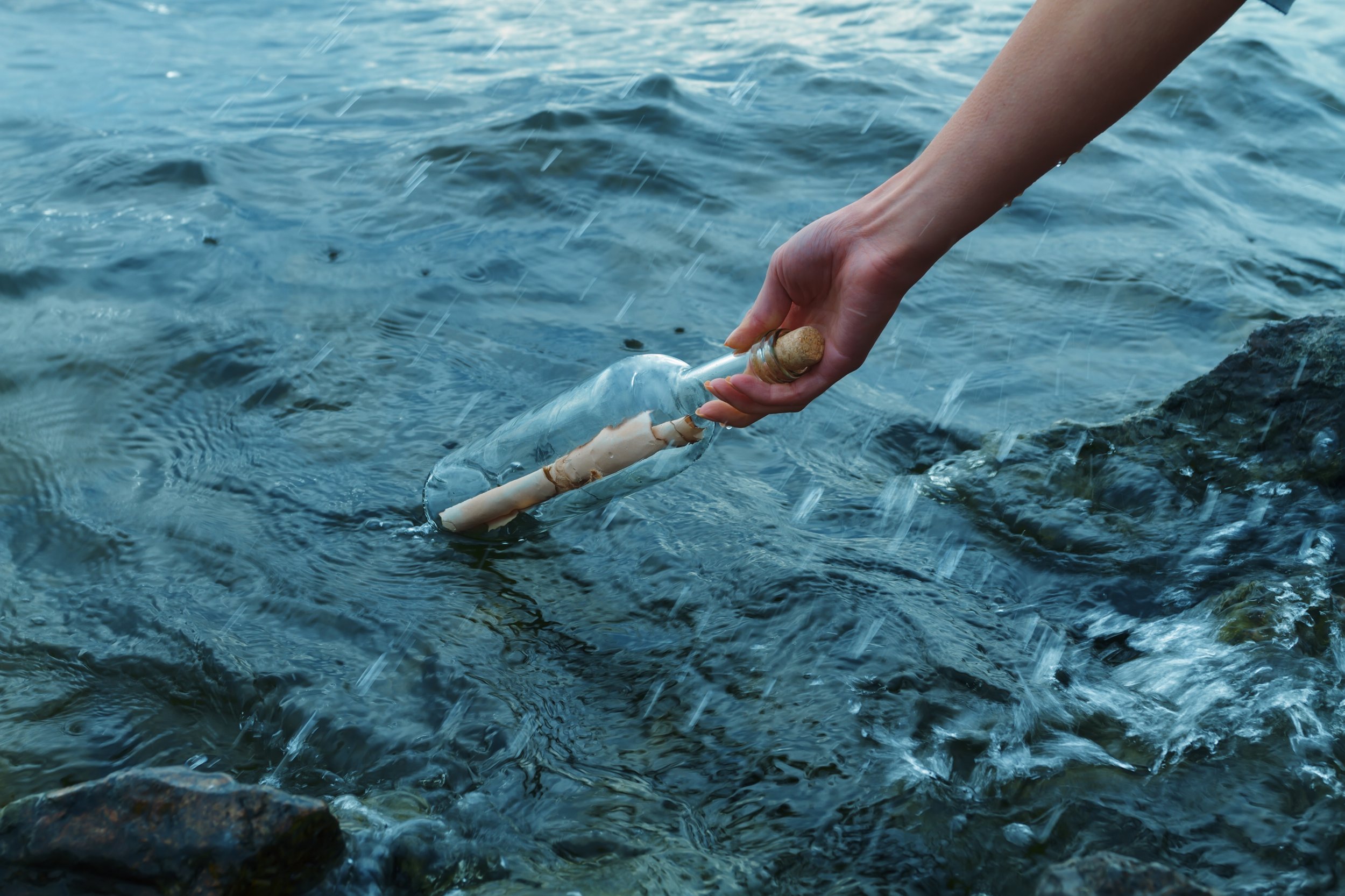The American Nightmare - How Consumerism Robs us of our most Valuable Asset (Hint: It’s No t Money)
When dreams go bad
The Nightmare
“The only real asset you have is your time. The hours of your life”
— Vicki Robin, Your Money or Your Life
Let’s talk about consumerism. It sucks. We can all agree on that. Commercialism, greed, and continually trying to keep up with the Jones are all exhausting, destroys our earth, and leaves us feeling just as miserable as ever before. So why do we do it?
Frankly, because we don’t see another way. We want to keep up with our neighbors because American culture is fundimentally built around the idea that status is important. We are sold the idea that the the American Dream will make us happy. Have a spouse, two kids, a nice house, and two nice cars along with a few weekend toys. Keep your kids over-committed in sports, music, acting, anything to keep them busy without letting them explore the world around them and it’s many natural wonders.
As adults, we’re also so busy running around and doing everything possible to get promoted at work, monetize our hobbies, told to monetize all our hobbies and put to use every skill we have to make money, so we can buy more stuff. we have so much stuff we can’t park our cars in the garages because there’s so much stuff. Despite Americans having bigger houses than ever (and few people in them) we are still renting self storage spaces at record levels to store all our stuff. (a $64.7 BILION industry in 2022)
It makes me sad as I walk down my neighborhood street on weeknights. unused cars sit in the driveway. trash cans overflowing with single use items to be shipped off to a landfill never to be seen again.
Always More, MORE, MORE!!But to what end? Normally, to compete with our neighbors to be “the best”, whatever that means.
But to what end? are we any happier for all the effort? time away from family and friends so we can make more money to buy more stuff? Vicki Robin was right, the only real asset you have is your time. With this in mind, let’s consider another way: the way of minimalism.
What Is Minimalism?
Minimalism, according to The Minimalists, “Minimalism is a tool that can assist you in finding freedom. Freedom from fear. Freedom from worry. Freedom from overwhelm. Freedom from guilt. Freedom from depression. Freedom from the trappings of the consumer culture we’ve built our lives around. Real freedom.” It’s not about jettisoning all of your belongings and going on a life-changing journey across Africa. (Although I enjoyed Eat. Pray. Love. as much as the next person). It’s about slowly carving out space in your life. Space to breathe.
Everyone’s version of minimalism is going to be different. Mine looks like living in a house I can actually afford, not owning a car (Serous life hack!) occasionally eating out but not doing it daily, and reusing things that are still good. (in fact I’ve purchased nearly non of the furniture in my house, most have been from family or friends who are moving (which I helped of course)
But how do we put this into practice?
How Did We Get Caught Up In Consumerism?
First, let’s explore how we ended up here. From there, we can deconstruct our consumerist identity and reconstruct a minimalist identity that will better serve our mental well being, and financial future.
Our consumerism comes a lot from cultural norms, what our peers do, the media, and policies our law makers make. With idols like the Kardaseans, and other famous people constantly pitching us new products and life styles, these behaviors have become more extreme in recent history. Everyone wants to feel rich and famous but ironically todays life style is so luxurious we live better than kings did back in the times of horses and castles.
Even if your idols aren’t famous people, look around your life and see who you’re spending time with and by extension, trying to keep up with. I did this on the beginning of my FIRE journey when I had to give up driving due to my vision loss. At first I was sad because I didn’t have the same freedom that my peers did to just hop in the car and go anywhere I wanted. But I came to realize that I never really needed a car in the first place, I had always been told I had to have one. In reality the things I was chasing weren’t worth time and life energy they cost me. If you look at the things you assume you “have to have” in your life maybe you’ll find the same thing.
Maybe your friends are really into fast cars and strech their budget to get the fastest thing on 4 wheels. You decide to “fit in” and spend that same kind of money – but what did it buy you? Are you happier? Was it really worth the months of working for a boss you don’t like or doing something you don’t enjoy?
My life energy calculator will tell you how much time of your life a purchase costs you. you might be shocked just how much time we throw away chasing after material things. Check it out!
A lot of consumerism is driven by this identity crisis we’re having in America that started in the 1920s when mass consumption was made possible by The Industrial Revolution (Roaring 20’s), according to Vox. While the Great Depression stalled out consumerism, the American production machine was kicked into high gear during WWII building ships, tanks, and planes. It was all hands on deck and women were even asked to join the labor force in masses for the first time. When the war was over the solders came home but we didn’t stop making things. The mission changed, it was called “The American Dream”. Everyone should have a house, a car in the drive, and a white picket fence around their very own yard. By the 1950’s everyone was trying to one up the Jones next door, buying things to look like the rich family on the block.
Social status is still what drives consumerism today, although that isn’t what it feels like to the consumer. We often think that it’s our desire to spend on things that are meaningful to us - but those desires were shaped by society influences around us around us as we grew up, everyone we interact with on a daily basis and of course the over the top media with it’s endless stream of bigger, shiner, and more luxurious things to buy!
How Do We Fight Consumerism?
“The secret of happiness, you see, is not found in seeking more, but in developing the capacity to enjoy less"
— Socrates, lived in 450 BC.
Good question! We fight consumerism with contentedness. Contentedness is being present where you are and enjoying it.
That’s what I realized with the FIRE movement. I retired in December 2019, at the age of 32. While I retired because of my vision issues I also realized that I didn’t want to be part of the rat race just so I could earn more and buy more stuff anymore either. Consumerism, while not not inherently evil, wasn’t serving any good in my life. So I stepped away from it, super charged my savings habits and became an educated investor to make sure I never have to work again. Having control of my time is the most important thing to me.
Now I spend my days doing what I want. I read a lot, I workout every day, have regular lunches with family and friends, and in general am much less stressed or anous. I do have a few side hustles that are challenging and stimulating, which include writing this blog. Some of them do make me money but they don’t fund my lifestyle. (Oh no! Someone call the retirement police. How dare I be making money while in “retirement”?!). As Mr. Money Mustache says “Work isn’t so bad when you don’t’ need the money”. But we’ll dive into that topic in a future article.
Owning your time is the real goal
Using the FIRE Movement to Consume Less
The FIRE movement in general is about learning how to fight against a consumerism mindset and earn out time back. To become Financially Independent and save enough to Retire Early Your forced to really get InTouch with yourself and decide what is really most important, what you want to spend your money (and by extention yoru time) on. You shouldn’t be spending outside your values or on things that don’t make you truly happy.
That’s why values based spending is so important. Socrates was correct when he said the secret to happiness is enjoying less. When you spend less, you subsequently spend on what matters to you most. That’s the basics of values based spending.
That’s not to say you need to starve your spending budget. I still spend good money on things that matter to me. It just means I don’t spend as much money on things I’ve determained don’t really matter to me.
For example, you can cut back on your fast food spending - which you don’t enjoy but is convenient - and still afford a good restaurant a few times a month, if you enjoy eating out. maybe cars aren’t that important to you, so you drive your paid off car longer, or share 1 car for the household (easier to do today with work from home options) knowing that the savings buys you years on the retirement timeline.
It’s not about cutting away everything, just the things that don’t make sense for you.
How Do You Determine What is Enough For You?
I did this by figuring out what my spending looked like. I tracked my spending for 12 months to see what I was spending on (about $40-45K total). Then I asked myself, “Does my spending reflect the life that I want to have?”
In some areas, like housing it did $1,206/ month) because it’s a safe secure place that has things to walk to that I can enjoy. In others like eating out, it didn’t (Uber eats was taking a big chunk!). So I cut back to make sure my spending was more aligned with my goals. I’d recommend you do the same! maybe you have some subscription services you use. or the Christmas spending gets a bit out of hand. .
You can even use apps like Trim or Mint to cut down on your bills for you, without ever having to lift a finger.
This will help you determine where your spending isn’t aligning with your values. Finding you “enough point”. may take some time but you’ll be surprised with how little you may need to be content.
Say No, So You Can Say Yes
NYT author, Carl Richards, wrote a profound article Saying No, So You Can Say Yes When It Matters. In it, he talked about the creative’s super power, saying no.
I think this principle can also be applied to opportunities in our life. For things we don’t want to do, that kid’s birthday party or the retirement party, it’s OK say no.
This frees us up to the bigger things in our life. That vacation you’ve always wanted to take. That five star restaurant you want to eat at once. These bigger opportunities happen when we’re not looking for them. And if we’ve established the habit of saying no to smaller, mundane or grueling things, we can say yes to bigger adventures.
If you’re not good at saying no, and not everyone is, you can keep a 3 by 5 card in your pocket that simply says the word “NO”. Richards suggests pulling it out everytime you encounter something you don’t want to do, but feel obligated to say yes to.
And remember, “NO” is a complete sentence. You don’t have to justify, or lie, your way out of a situation. You can simply decline.
Not Everyone Will Understand
Not Everyone Will Understand, And Some Might Push Back, But that’s Okay
One thing that was hard for me was the way my relationships with friends shifted going from a consumerism mindset to a FIRE mindset.
Not everyone will understand where you’re coming from. You might be called cheap, you might be teased about missing out. The people who try to guilt you into spending money you don’t want to are likely doing it so they don’t feel guilty about spending money they don’t have. they aren’t good friends. Remember when you say NO you are saying YES to what matters. in this case you are buying time for your future self.
By Pushing back on consumerisnm you’re taking the path less traveled. That doesn’t mean the path untraveled. When you least expect it, you’ll meet people who are following the same path that you are. And that’s an amazing feeling.
I’ve met many people on this path who have really inspired me and moved me to be a better version of myself.
Look for Ways to Find Purpose
On your journey, it’s helpful if you look for ways to find purpose. In those moments, you’ll be able to meet likeminded individuals to keep you fueled towards the journey.
Learn a new skill like crafting or pick up a hobby like hiking.
you can volunteer for causes that are important to you (I volunteer for the local blind organization).
If you’re lonely on your journey, it’s your job to go out and find people who are interested in the same things that you are.
That’ll help stave off consumerism and keeping up with the Joneses, especially if you’re pursuing like minded things.
A good question to ask is “If money weren’t an issue, what would I be doing?” and then go and do that.
Often times we think that we can only learn new skills during childhood and then we’re set in our ways. If you want to learn how to dance, go learn to dance. If you want to start cycling, buy a used bike to start.
There are so many things you can do to occupy your time that don’t involve spending copious amounts of money you’ll find plenty of ways to keep you busy, without a doubt.
I even recommend side hustles as well. Nothing says you have to stop making money just because you’re pursuing FIRE. That doesn’t mean turn every waking moment into a money making venture, but if you’re good at something why not make a little cash off of it?
With Everything, Balance is Key
Finally, I want to reiterate that balance is key. If you swing from consumerism to a diet of minimalism without thinking about why you’re doing it, you are going to burn out. And no one wants that.
Really focus on motive when making any positive change to your lifestyle. You want this to be sustainable and worth it. The only way to do that is to take it slow, and chip away of what’s wrong a little bit at a time.
When you focus on small, sustainable changes., overtime you’ll see a great expanse of change.
What goals do you have? Maybe you want to eat out less and cook more. Start by swapping out one or two meals. You’ll be able to build up your cooking muscle without getting fatigued. Don’t commit to cooking seven days a week to only find out you have the stamina for three days and then quit all together. It’s okay to to take something slow to get better at it. That’s what all athletes do when they train, and it’s how you should approach your lifestyle.
Like everything, the more you do something - the easier it becomes. Use this principle to guide your lifestyle change.
Make sure you Join our Community so you don’t miss out on future updates!

